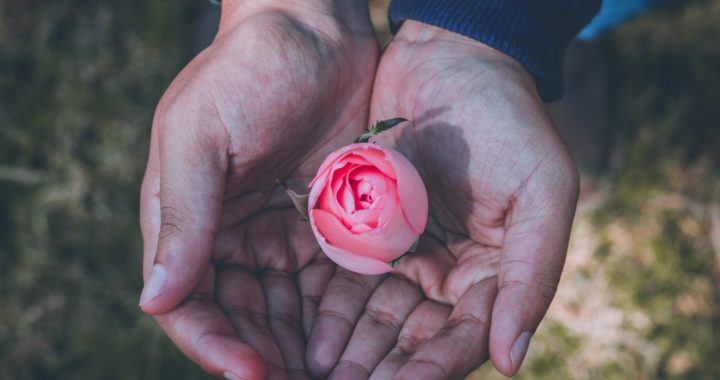
Gratitude for Health and Well-Being, and a Better World…
No matter what our situation, it is always possible to find something to be grateful for.
Posted in Uncategorized.

 It may be as simple as noting that I have some food, I can breathe, I have a place to rest my head at night. Hopefully, we have those basics available to us. Many of us have much more than that to be grateful for.
It may be as simple as noting that I have some food, I can breathe, I have a place to rest my head at night. Hopefully, we have those basics available to us. Many of us have much more than that to be grateful for.